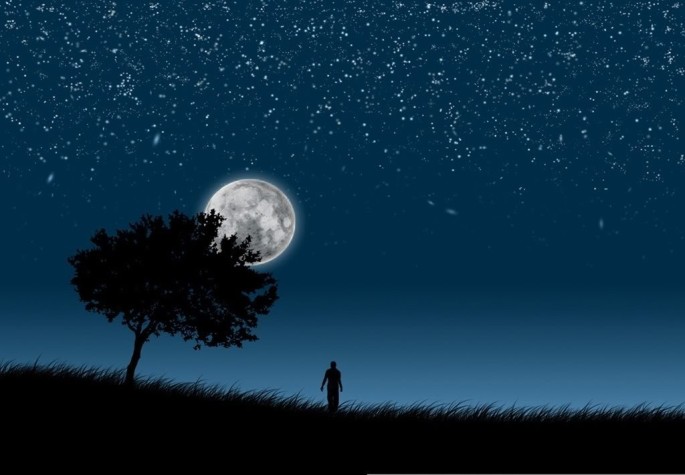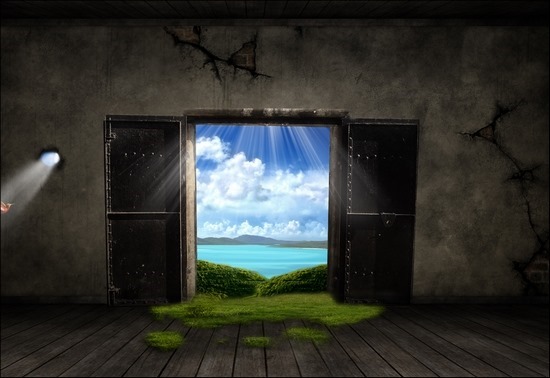 In my December post, ‘You are Nobody,’ I discussed how we place too much importance on what the ego does. The ego has a role to play in this life, to be sure, but it’s a problem when that role becomes the only focus for the individual. The striving that propels the personality to achieve is crucial in the ego/personality fulfilling its destiny, but that same striving also takes it down roads that will never bring truth, or peace, because the importance is placed on the outer life at the expense of the inner life. Now, let’s take this a step further and consider the physical body itself.
In my December post, ‘You are Nobody,’ I discussed how we place too much importance on what the ego does. The ego has a role to play in this life, to be sure, but it’s a problem when that role becomes the only focus for the individual. The striving that propels the personality to achieve is crucial in the ego/personality fulfilling its destiny, but that same striving also takes it down roads that will never bring truth, or peace, because the importance is placed on the outer life at the expense of the inner life. Now, let’s take this a step further and consider the physical body itself.
“… you have to do all these things until you come to the conclusion that there is nobody doing anything… as long as you believe you’re still a body then you have to do those things that you have to do to find out that there is no body. ~ Robert Adams …from “The Knower is the last to go!”
The idea of immortality is a big deal for a lot of people. In fact, there are some very rich people pouring billions of dollars into longevity research. Of all our attachments, attachment to the physical body is by far the strongest, so this comes as no surprise. It’s also no surprise that attachment to the body keeps us stuck in duality. This is maya and this is the way it’s supposed to be, but the time comes for everyone when the way out of maya is presented. How many lifetimes that will take, well unfortunately, there is no way of knowing.
Meanwhile, we are all concerned with keeping the body healthy, as we should; however, society’s obsession with youth and beauty is not only a distraction, but also a perversion. It’s a trap that will keep you forever bound to the unreal, the impermanent. We all come into this life with a set of karmas that need to be expressed and experienced. We must realize that the prarabdha karma of the body (and of the personality) will play out the way it’s supposed to. There’s no getting around that.
Below is a wonderful video featuring a young woman with breast cancer. She describes to Advaita Master Mooji her struggles with accepting her diagnosis and how she came to realize the non-dual truth that it is just her body that is sick – she (as pure awareness) cannot be sick or die.
As Mooji says, “Take care of the body, but you don’t have to worship it. Worship the Indweller…”
The melody at the beginning and end of this video is particularly beautiful. It is “Remember” by Omkara. You can listen to the entire song on youtube.




